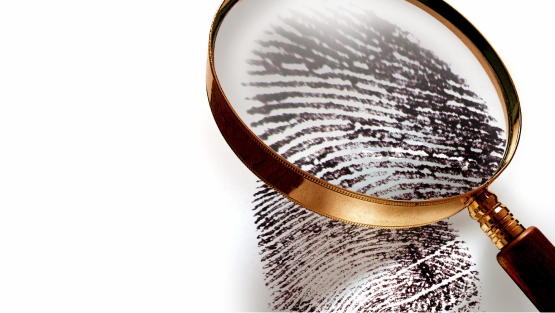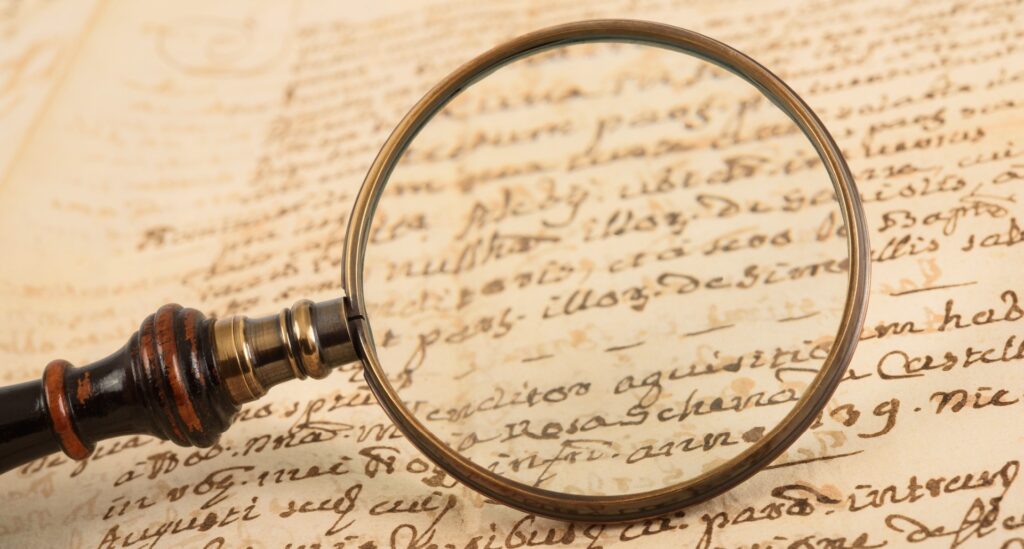FORENSIC INTERNSHIP

BFI internship program is designed specifically for the forensic aspirants, advocates, corporate officials, police personnels, bank officials, private agencies etc to impart knowledge and skills in various forensic disciplines. We provide practical based experience, giving wide opportunities to the interns to explore more and improve their observation and research skills.
Moreover, after the forensic internship program, the candidate must work for minimum 3-6 weeks as intern without being paid and after the completion of forensic internship session he/she earns the internship completion certificate successfully. The forensic internship program will likely to be related to basic law enforcements, criminal casework and get practical exposure on various fields’ forensic science. Our organization believes in qualitative and productive learning.
We provide exclusive forensic internship throughout the year to make our forensic aspirants engaged in learning and facilitates the transfer of knowledge and skills. Our BFI forensic experts who have intense knowledge in their field trained our candidates with realistic cases and legal proceedings.
INTERNSHIP ON FINGERPRINT EXAMINATION
Fingerprint Classification: Learn how to categorize and organize fingerprints for efficient searching and comparison. Fingerprint Examination: Master the art of examining fingerprints for patterns, ridge characteristics, and unique identifiers. Develop keen observational skills and attention to detail as you analyze prints for evidence of identification. Comparison Techniques: Explore various techniques for comparing fingerprints, including ridge counting, minutiae analysis, and computer-assisted methods. Practice matching latent prints to known exemplars with precision and accuracy. Legal and Ethical Considerations: Gain insight into the legal and ethical aspects of forensic fingerprint analysis, including courtroom testimony, chain of custody protocols, and professional standards of practice.

INTERNSHIP ON DOCUMENT EXAMINATION

Handwriting Analysis: Learn how to differentiate between genuine and simulated signatures and handwriting styles. Ink and Paper Analysis: Explore techniques for analyzing ink formulations, paper composition, and document aging. Discover how subtle variations in ink chemistry and paper properties can provide valuable clues in document examination. Document Alterations: Learn how to detect and document alterations, erasures, and obliterations on documents. Develop keen observational skills and attention to detail as you uncover evidence of tampering and forgery. Legal and Ethical Considerations: Gain insight into the legal and ethical aspects of questioned document examination, including expert testimony, chain of custody procedures, and professional standards of practice.
INTERNSHIP ON LIE DETECTION- POLYGRAPH
Polygraph Techniques: Learn how to conduct pre-test interviews, formulate relevant questions, and interpret physiological data accurately. Physiological Responses: Explore the various physiological indicators used in polygraphy, including cardiovascular activity, respiratory patterns, and electrodermal responses. Learn how to analyze and interpret these responses to assess truthfulness and detect deception. Behavioral Analysis: Learn how to recognize patterns of deception and differentiate between truthful and deceptive responses. Interview Strategies: Acquire effective interview techniques for eliciting truthful responses and detecting deception. Learn how to build rapport with subjects, establish baseline responses, and detect signs of stress or anxiety.

INTERNSHIP ON MEDICOLEGAL- POSTMORTEM

Death Investigation: Master the art of conducting death investigations, including determining the cause, manner, and circumstances of death. Learn how to evaluate medical history, perform external and internal examinations, and interpret autopsy findings. Evidence Collection: Acquire skills in evidence collection and preservation at death scenes and autopsy facilities. Learn how to document injuries, collect biological samples, and maintain the integrity of physical evidence for laboratory analysis. Report Writing and Testimony: Develop proficiency in writing comprehensive medicolegal reports and providing expert testimony in legal proceedings. Learn how to communicate complex medical and scientific findings effectively to judges, juries, and other stakeholders.
INTERNSHIP ON DIGITAL FORENSICS
Forensic Imaging: Master the art of creating forensic images of digital storage devices, including hard drives, smartphones, and cloud storage. Learn how to preserve and authenticate digital evidence in a forensically sound manner. Data Recovery: Explore techniques for recovering deleted, hidden, or encrypted data from digital devices. Learn how to use specialized software and forensic tools to extract valuable information from damaged or corrupted storage media. Malware Analysis: Analyze malicious software (malware) to understand its behavior, functionality, and impact on digital systems. Learn how to dissect malware samples, reverse-engineer code, and identify indicators of compromise (IOCs).



